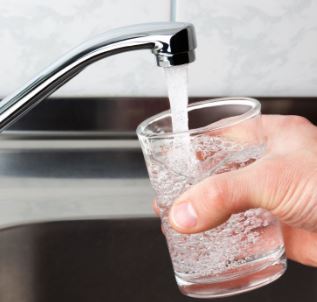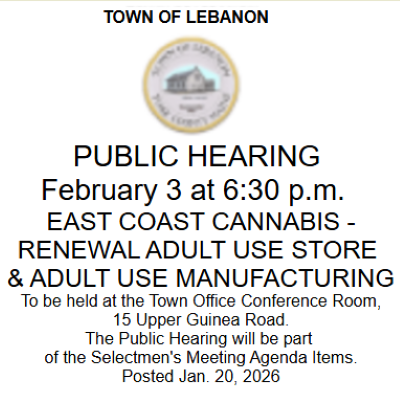
The City of Rochester has announced that its drinking water contains a high level of Disinfection By-Products, but it assures residents that it is a minor problem and the city is taking active steps to mitigate the issue.
The Water Department recently violated drinking water standards for disinfection byproducts (DBPs), but this is not an emergency and residents do not have to boil their tap water, according to a press release sent out on Wednesday.
"Although this is not an emergency, as our customers, you have a right to know what happened, what you should do, and what we are doing to correct this situation," the release states. "We identified a configuration in the distribution system which created a higher than normal water age during a previous quarter."
Specifically among the DBPs the approved limit for Haloacetic Acid 5 ("HAAS") is 0.060 mg/L, and the city found levels slightly higher in January-March.
While it is not seen as dangerous in the short term, people who drink water containing haloacetic acids in excess of the MCL over many years may have an increased risk of getting cancer, the release stated.
The city says it is not necessary to use alternate water; however, if you have specific health concerns, residents are urged to contact their health care professional.
General health related questions may be directed to Dave Gordon of the DES Environmental Health Program at (603) 271-4608.
Steps the city is taking to correct the problem.
1. Corrected the valve configuration in the distribution system
2. Flushed the affected areas to reduce residence time
For further information, please contact Ian Rohrbacher, Chief Operator at 603-335-4291 or Peter Nourse, Director of City Services at 603-332-4096.
Residents are asked to share this information with all the other people who drink this water, especially those who may not have received this notice directly (for example, people in apartments, nursing homes, schools, and businesses.).
You can do this by posting this notice in a public place or distributing copies by hand or mail. PWS ID: NH2001010 Date Distributed: 5/13/2022













